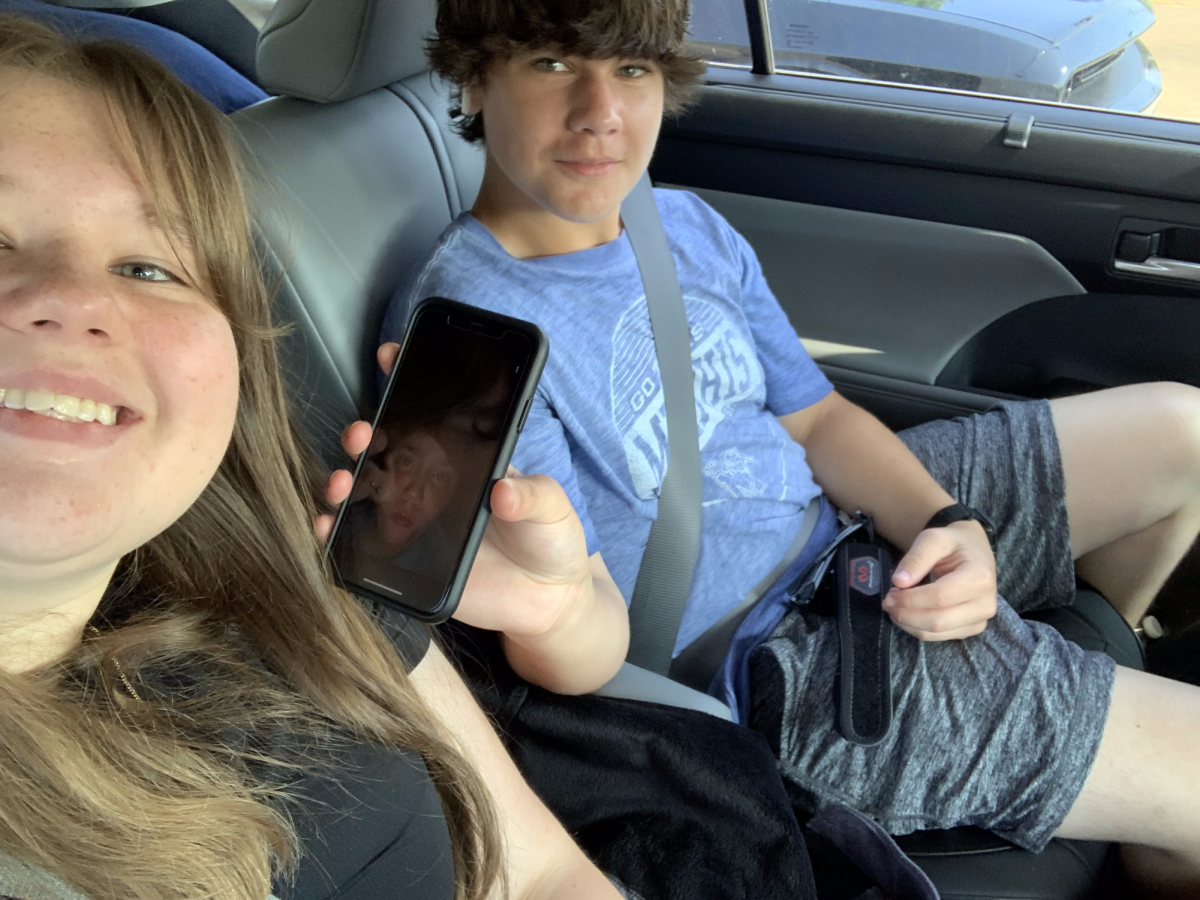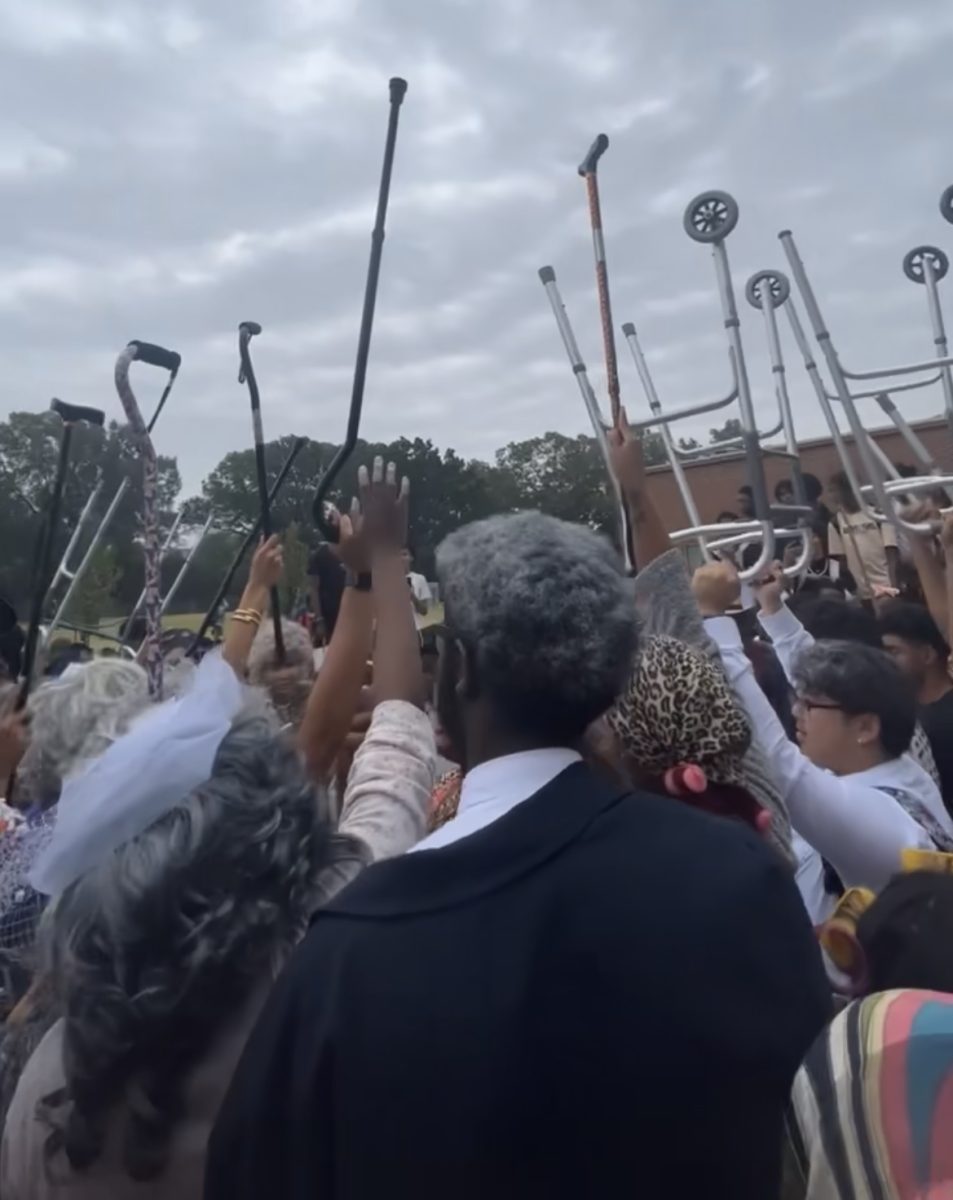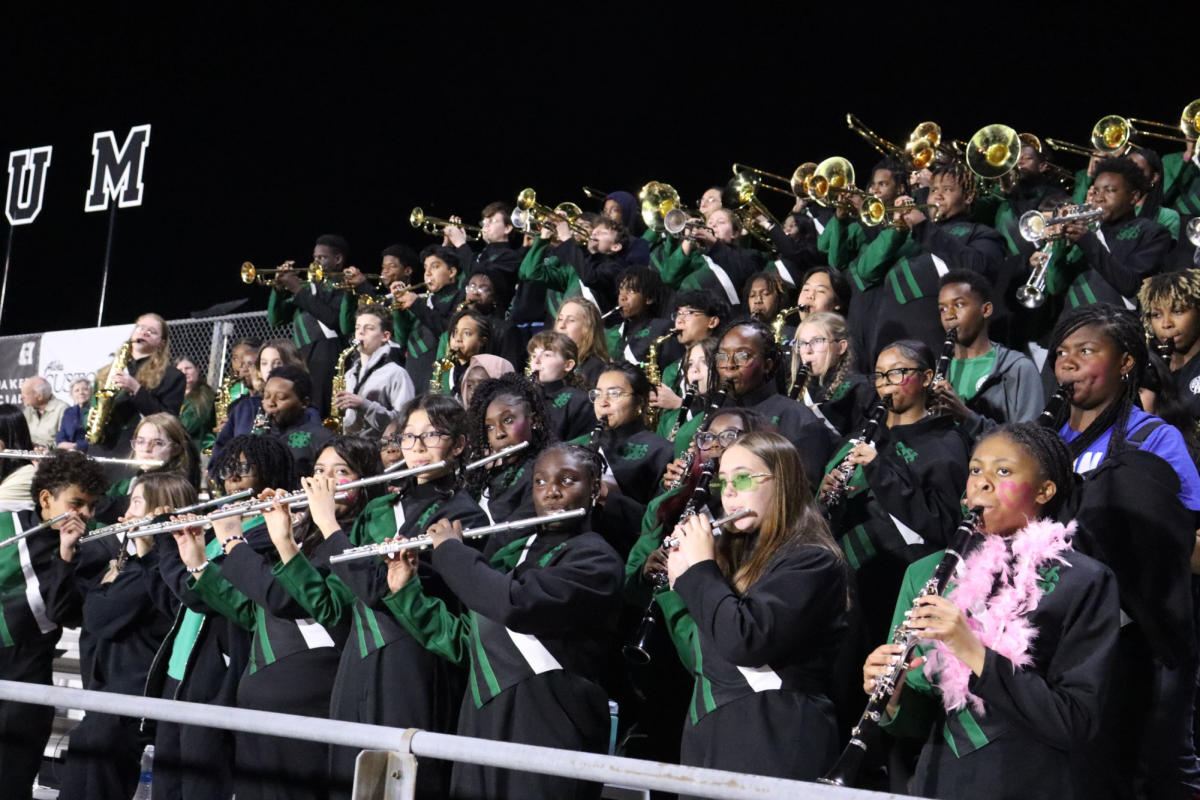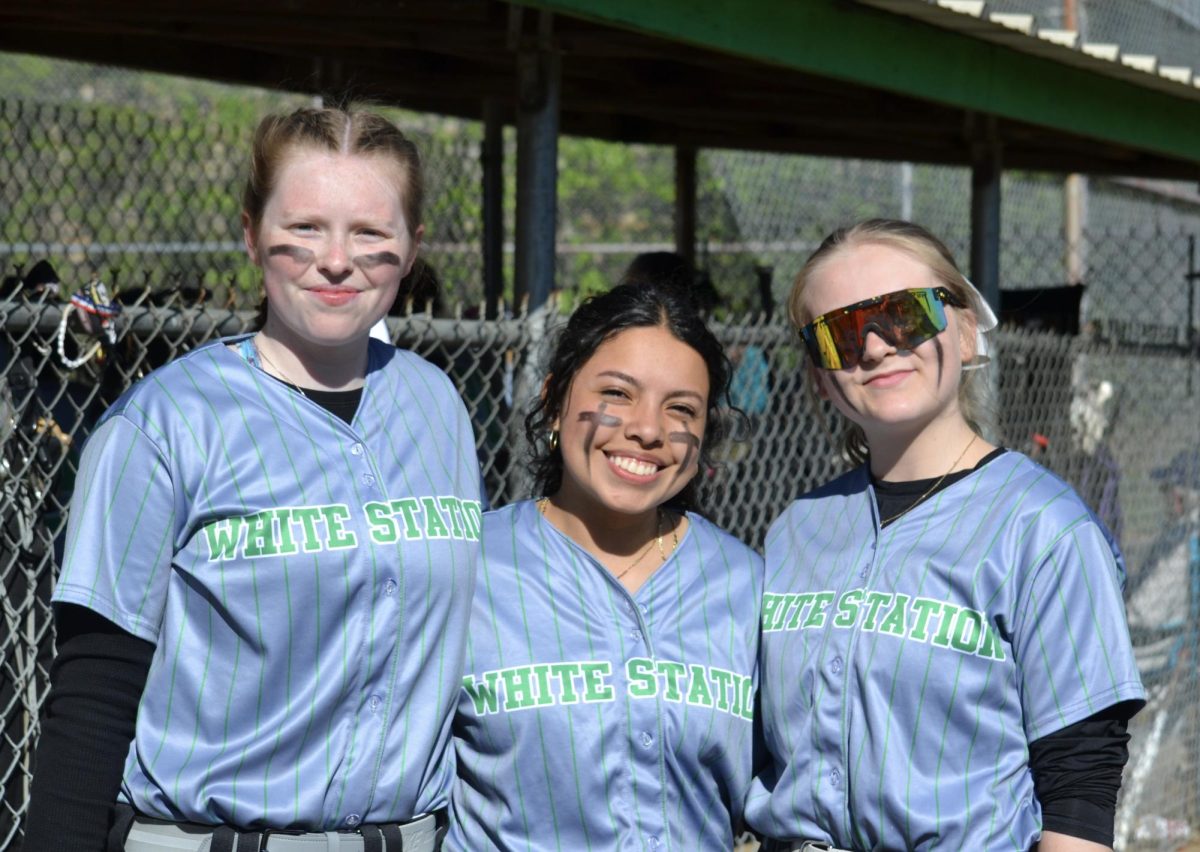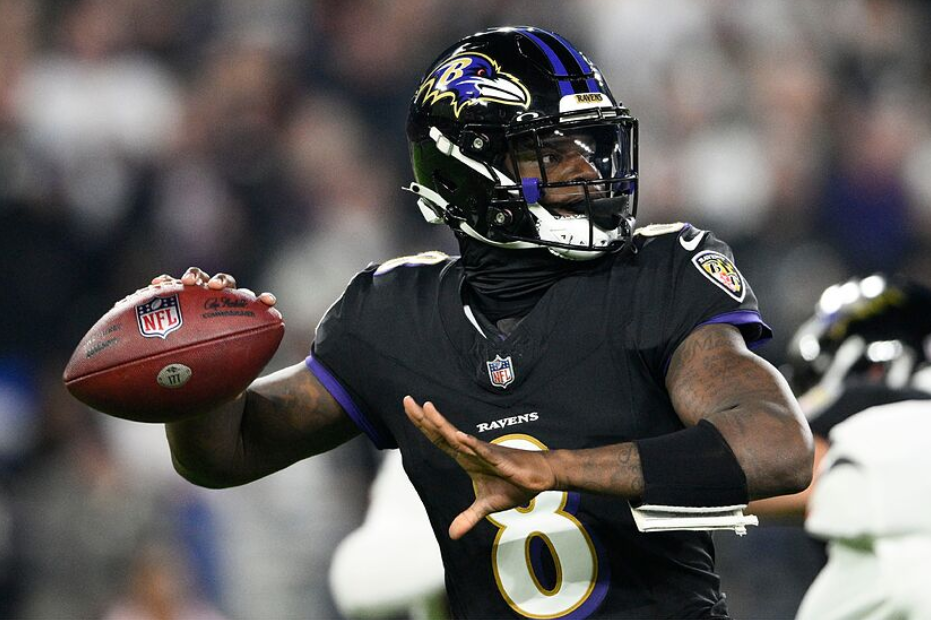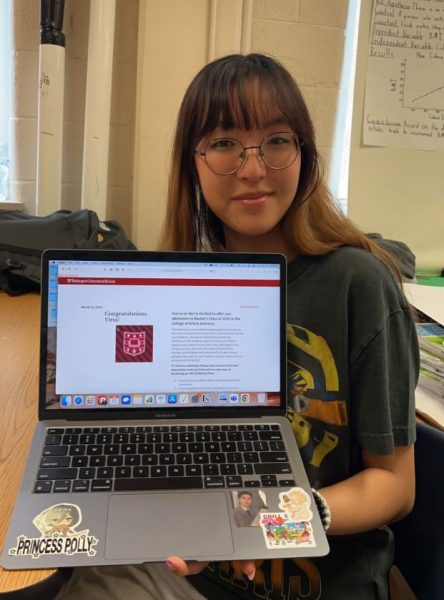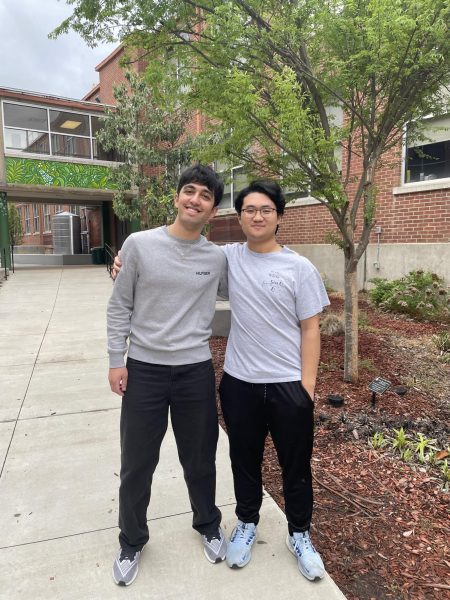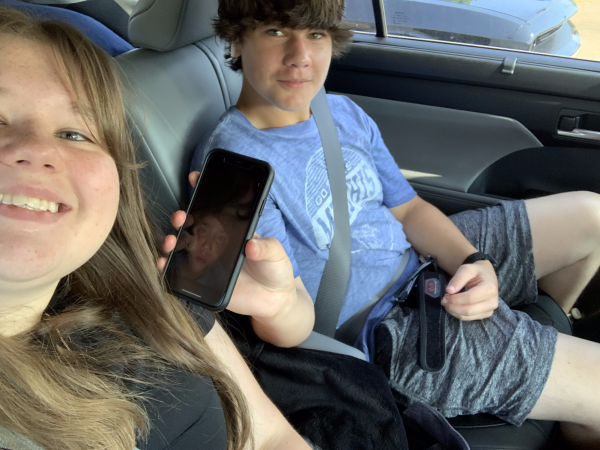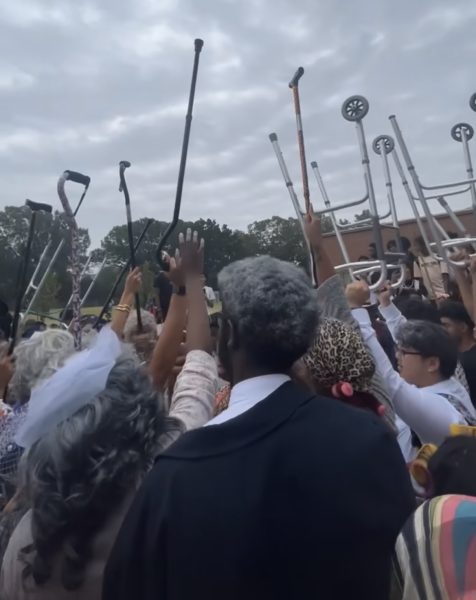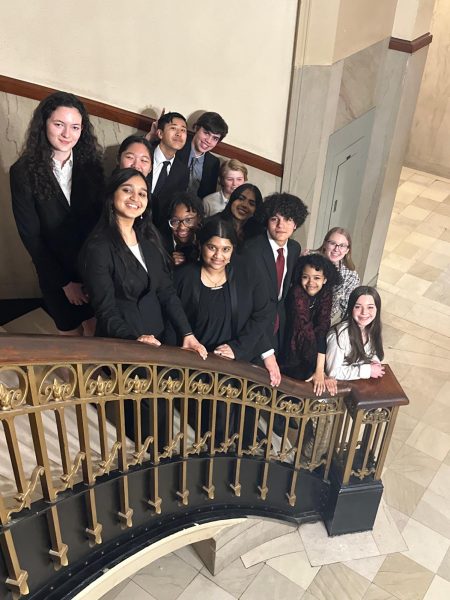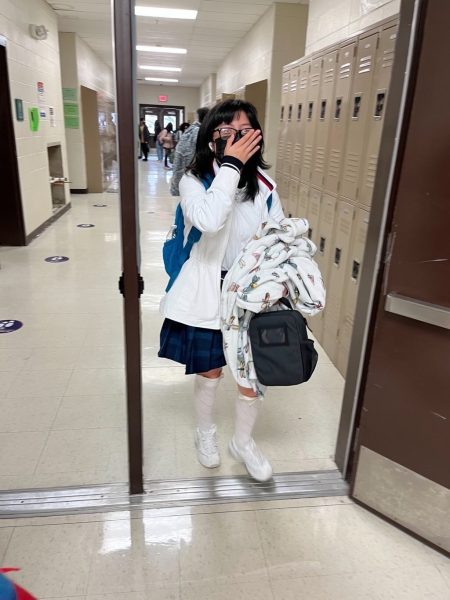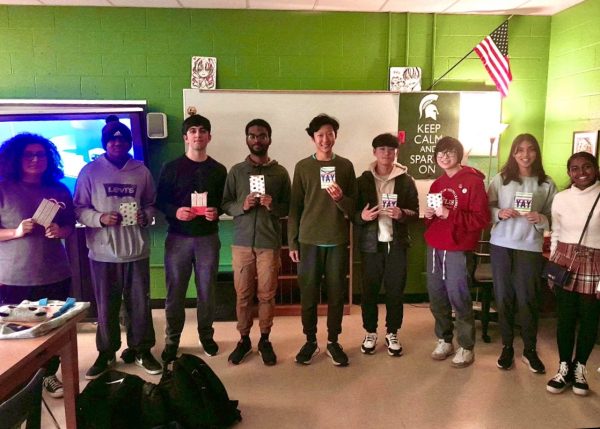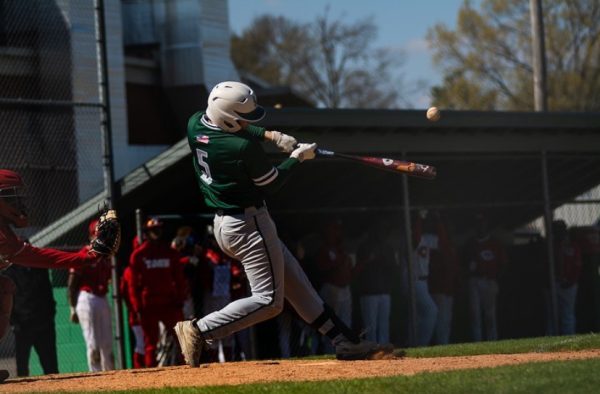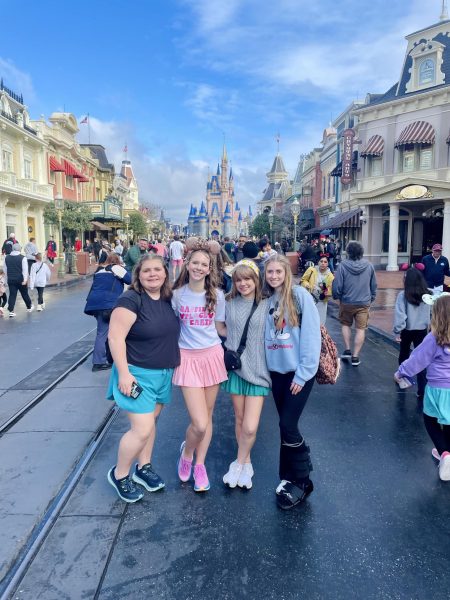All lives matter. Time to focus on the black ones
“I can’t breathe.” These words, gasped repeatedly, marked the death of George Floyd and the beginning of the 2020 Black Lives Matter protests. These words were the last not only of George Floyd, but also Eric Garner, Javier Ambler, Manuel Ellis and Elijah McClain along with countless others whose deaths went unrecorded and unreported.
Even before the revival of protests in 2020, Memphis was far from unfamiliar with unrest. In 2016, BLM protesters blocked off the Memphis Bridge. Unlike the 2016 shutdown, however, recent protests have not remained peaceful. Arrests have been made and injuries have been inflicted, including multiple instances of people attempting to drive trucks through crowds of bystanders; in the case of Anthony Marcuzzo, who was successful in doing so. Though footage was captured and the offender apprehended, such actions remain unacceptable when it is clear that others have and will continue to follow.
Justice for lives lost should not depend on a passerby with a camera. In the case of seven-year-old Aiyana Stanley-Jones, murdered a decade ago in her own home, retribution becomes more and more unlikely as time passes. Little black children are taught to be home before the street lights come on lest they fall victim to hate crime. Little black children are taught to make themselves look less intimidating, taught to tame their features so as not to be judged by eurocentric beauty standards, taught to mutilate their names to fit better in the mouths of people who refuse to recognize them for who they are, and despite all these teachings, are ridiculed and killed for daring to exist.
Many of these injustices persist into adulthood, evident in the case of Breonna Taylor, murdered in her bed on March 13, 2020: yet another victim of police brutality. A law has been passed in her name, a hashtag created, merchandise produced, but it was ruled that the bullet holes in her neighbors’ walls were more important than those that riddled her body. Stanley-Jones, a child, and Taylor, an ER technician, good people; either way, black people should not have to prove worthy of their own lives. And yet, the outrage is gone. All the black squares and hashtags mean nothing without actions backing them.
Accountability for police brutality is important. It affects most people in the United States, but it is difficult to demand responsibility with racial tensions, class divides, and performative activism marring genuine attempts being made. Brands changing logos and names, such as Aunt Jemima and Uncle Ben’s, do not do so out of real desire to better themselves, but rather as a means of deflection and to placate the black community.
While attempting to educate yourself and those around you is important, posting black squares of solidarity and videos of brutality is not always the best route to do so. Circulation helps raise awareness, yes, but unnecessary emphasis could be damaging to black viewers’mental health and a repellent to others. Everything must come in moderation.
There is also a clear difference between not being racist and being anti-racist. When you are simply not being racist, that means you do not hate someone for the color of their skin or where they came from; however, in anti-racism, you actively push back against the demeaning stereotypes and systems in place. Both are important, but only anti-racism will properly bring about necessary change. The narrative that racist people are poor or uneducated must also be erased, as racism truly is everywhere. Arguments like “I can’t be racist; I have…” are delusional as well as incredibly insulting. You cannot learn if you don’t listen. Microaggressions, like confusing black people, shortening their names, or asking to touch their hair because it is “exotic” or something new to you is also not acceptable. Chances are if you wouldn’t ask a teacher or employer that question, it should not be present in your daily interactions with people. Black people are not your pets. Not anymore, at least.
Changing the system means a conversation about police reform as well. Defunding the police does not mean taking away all their funding and leaving citizens to be shot on the street. It means a reallocation of funds to programs meant to prevent crimes before they start. Instead of calling the police after you are robbed, you would have access to counselors and social workers who can feed the hungry child who otherwise would have gained a criminal record. You keep your goods and they keep their lives. Defunding the police would mean money used to buy taser shields for the Memphis Police Department would instead be put towards personal protection equipment like masks and face shields for teachers, or reliable wifi for students working from home. Abolishing the police, on the other hand, is completely eliminating the police force instead of continually trying to make changes and adapt them. It is difficult to reform the former slave patrol to view black people as anything besides slaves who must be punished.
To be a good ally, you must listen to black people when they speak about black experiences. Outside education makes a difference, but it is crucial that your voice does not overpower those of the oppressed. Your voice will have an influence, and it is important that black people benefit from the power you hold. Remember that history repeats itself, and know on which side you want to stand.
Your donation will support the student journalists of White Station High School. Your contribution will allow us to purchase equipment and cover our annual website hosting costs.



